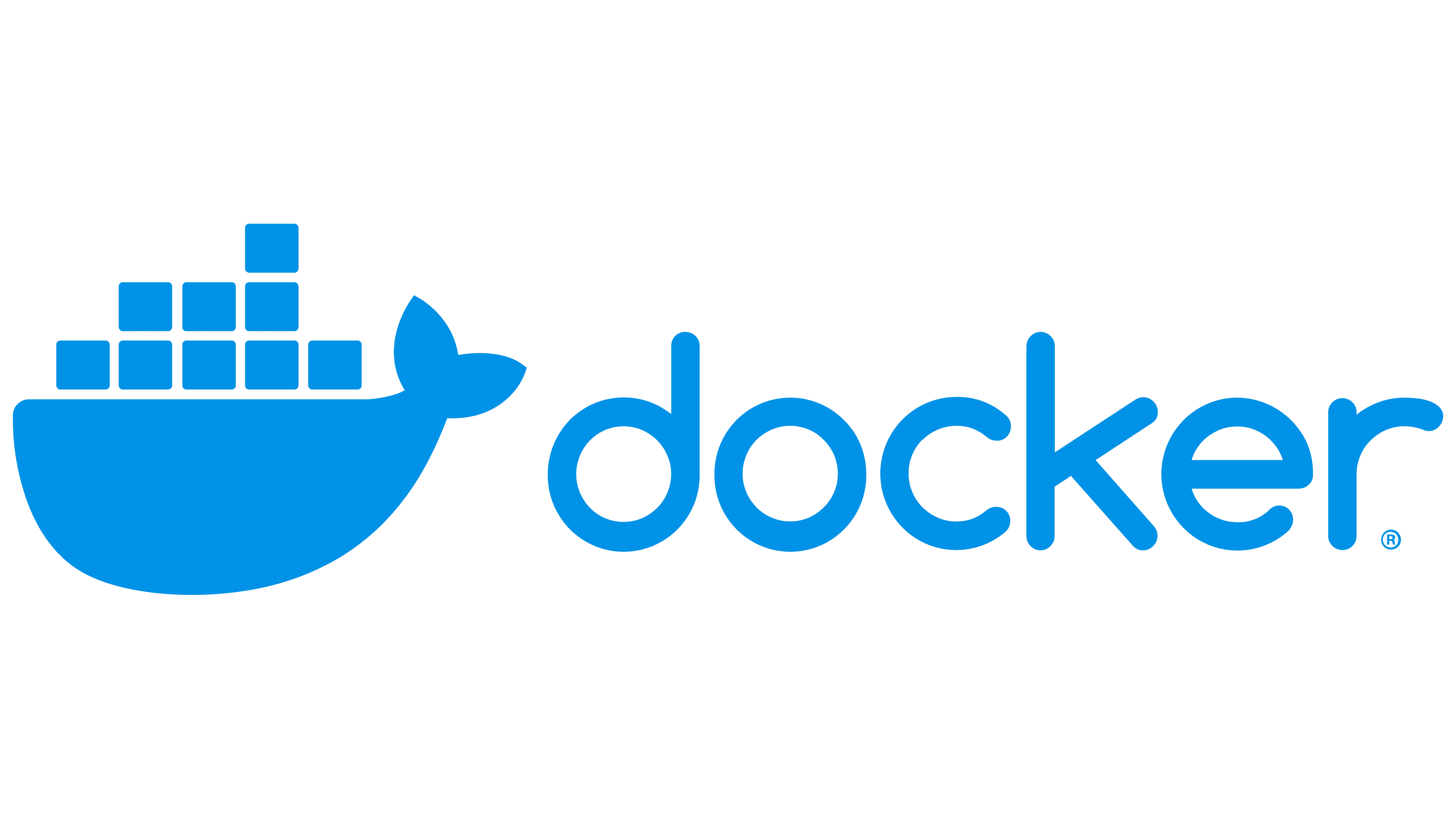
August 2021 was a rough month. Docker announced that businesses would have to start paying - 250+ employees OR $10M+ revenue means you're paying. Both conditions trigger it, so a 300-person startup making $5M pays just like a 100-person company making $15M.
Our legal team spent a week figuring out if our contractors count toward the employee limit. Docker's licensing terms don't exactly clarify this stuff.
The current pricing that broke everyone's budget:
- Docker Pro: $9/month per user (still expensive when you're broke)
- Docker Team: $15/month per user (ouch)
- Docker Business: $24/month per user (enterprise tax in full effect)
Our 10-person team was looking at $1,800/year minimum. That's half our AWS bill, just for the privilege of running containers locally.
The Real Problem: Docker Desktop Makes Your MacBook Sound Like a Jet Engine
The pricing wouldn't sting as much if Docker Desktop wasn't slower than Windows Update on Vista. On my 2021 MacBook Pro, Docker Desktop version 4.21.1 uses 6.2GB of RAM just sitting there doing absolutely nothing. Our React builds went from taking 3 minutes to taking 12 minutes after I upgraded to Docker Desktop 4.15 - that was when the memory leaks got really bad.
Last month I timed identical builds across our team running the exact same Next.js 13.4.12 app:
- Docker Desktop 4.22.0 on Intel MacBook: 11 minutes 23 seconds, fans screaming like a 737 taking off
- Docker Desktop 4.22.0 on M1 MacBook: 7 minutes 8 seconds, still burning through battery faster than Bitcoin mining
- OrbStack 1.0.11 on same M1 MacBook: 2 minutes 31 seconds, laptop barely warm to touch
The difference? OrbStack doesn't run a full Linux VM like Docker Desktop, which is why it doesn't turn your laptop into a space heater that crashes Zoom calls. Docker Desktop spins up a complete Ubuntu 22.04 VM that chews through RAM like a memory leak in a C++ program, while OrbStack talks directly to macOS kernel features without the VM overhead. Not rocket science, just engineers who actually give a shit about performance.
The "Free" Alternatives Cost You Weekends Instead of Money
Podman Desktop 1.3.1 looks free until you factor in the therapy bills and lost weekends. I migrated our team to Podman last September to save $1,800/year. Three months later we were back on Docker Desktop because nobody could figure out why containers randomly wouldn't start. The error? "Error: crun: starting container process caused: exec: no such file or directory: OCI runtime error". Thanks, that's super helpful.

The UI makes you click through five screens to do what Docker Desktop does in one. Starting a container? Click "Containers", then "Images", then find your image, then "Run Image", then configure settings in a popup that covers half the window and has no keyboard shortcuts. Our junior dev spent 45 minutes trying to mount a volume because the UI doesn't show the fucking path field until you scroll down. GitHub issues are full of people asking basic UI questions that shouldn't exist - 847 open issues as of last month.
Rancher Desktop 1.9.1 is free but networking can eat shit and die. Our corporate VPN uses some weird CIDR routing (10.0.0.0/8 overlapping with containers) that completely confuses Rancher Desktop. I spent an entire Saturday troubleshooting why containers couldn't reach our internal PostgreSQL at 10.2.14.82:5432. Same setup worked fine in Docker Desktop. The fix? Manually editing containerd config to exclude those subnets. The issue tracker is basically just people asking "why doesn't networking work?" - currently 312 open networking issues.
OrbStack: The Only Alternative That Doesn't Suck (If You're on Mac)
OrbStack 1.0.11 runs $8/month, which is cheaper than Docker Pro and actually fucking works. I've been using it for 8 months and containers start in 0.3 seconds - no spinning wheel, no waiting for the VM to wake up from hibernation, just instant containers. Even our massive 3.2GB development image starts in under 2 seconds.
![]()
Our CI/CD builds that take 8 minutes 23 seconds in GitHub Actions finish in 3 minutes 12 seconds locally with OrbStack. Same Dockerfile, same dependencies, just faster execution because they don't virtualize an entire Linux kernel for no fucking reason. The only downside? It's macOS only. Our two Linux developers are stuck with Docker Desktop 4.22.0 (which crashes twice a week) while the rest of us live in the future.
Also, OrbStack breaks on macOS Ventura 13.3.0 - you need to downgrade to 13.2.1 or wait for their patch. Learned that the hard way when half the team updated and couldn't start containers for a day.
What This Actually Costs Your Broke Startup
When you're pre-Series A and every $100/month matters, Docker's pricing hits different. Our 8-person team was facing $1,440/year for Docker Team licenses. That's three months of our Heroku bill or half our office rent.
We tried switching to Podman Desktop to save money. Bad idea. Our senior dev spent 6 hours on a Saturday figuring out why our PostgreSQL container wouldn't connect properly. Same docker-compose.yml that worked fine in Docker Desktop. Podman's networking is subtly different in ways that'll make you question your sanity.
OrbStack at $8/month felt reasonable until we remembered our Windows developer exists. Now we're paying for OrbStack licenses for the Mac users and Docker Desktop licenses for the one Windows machine. Mixed OS teams get the worst of both worlds.